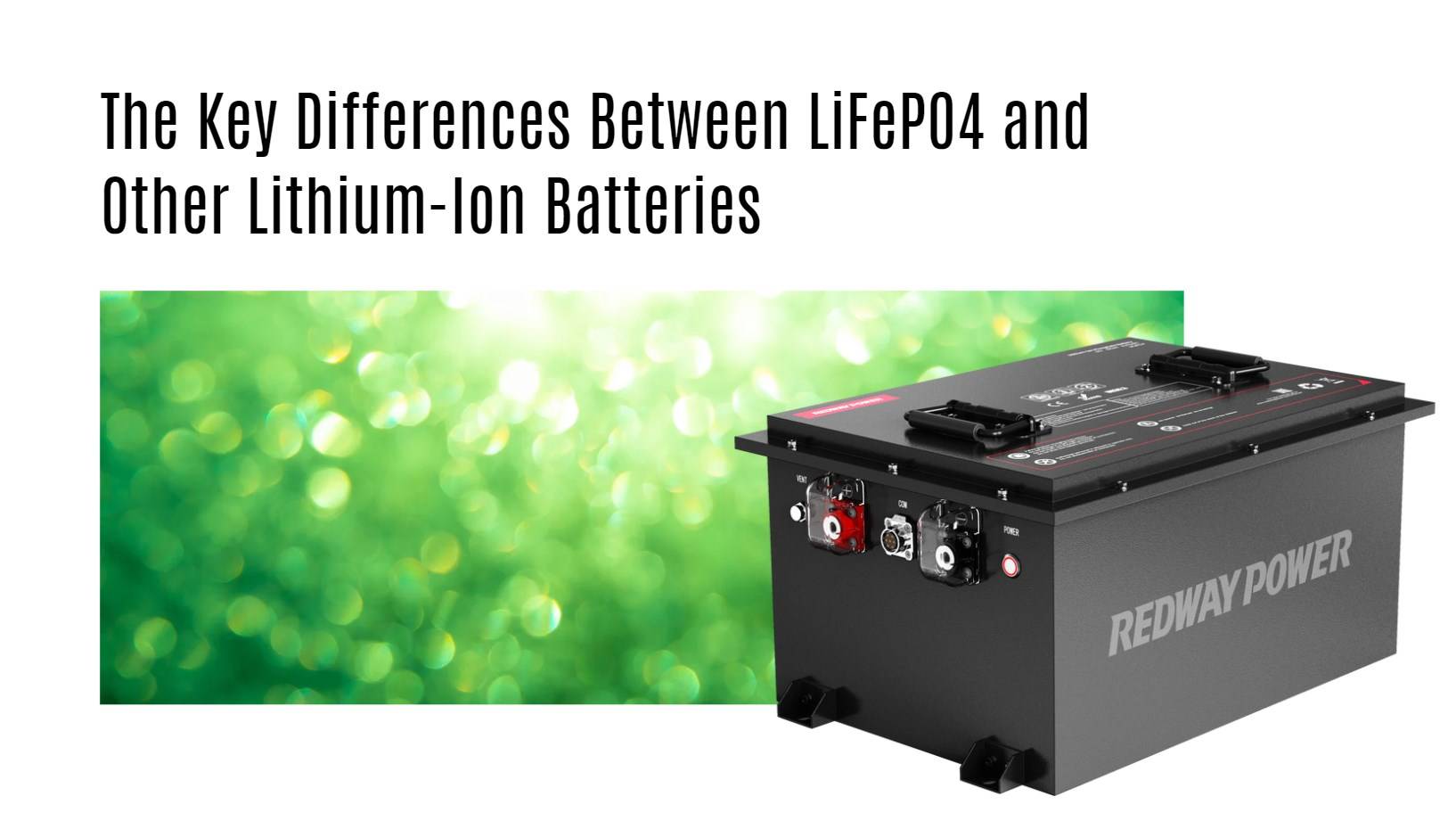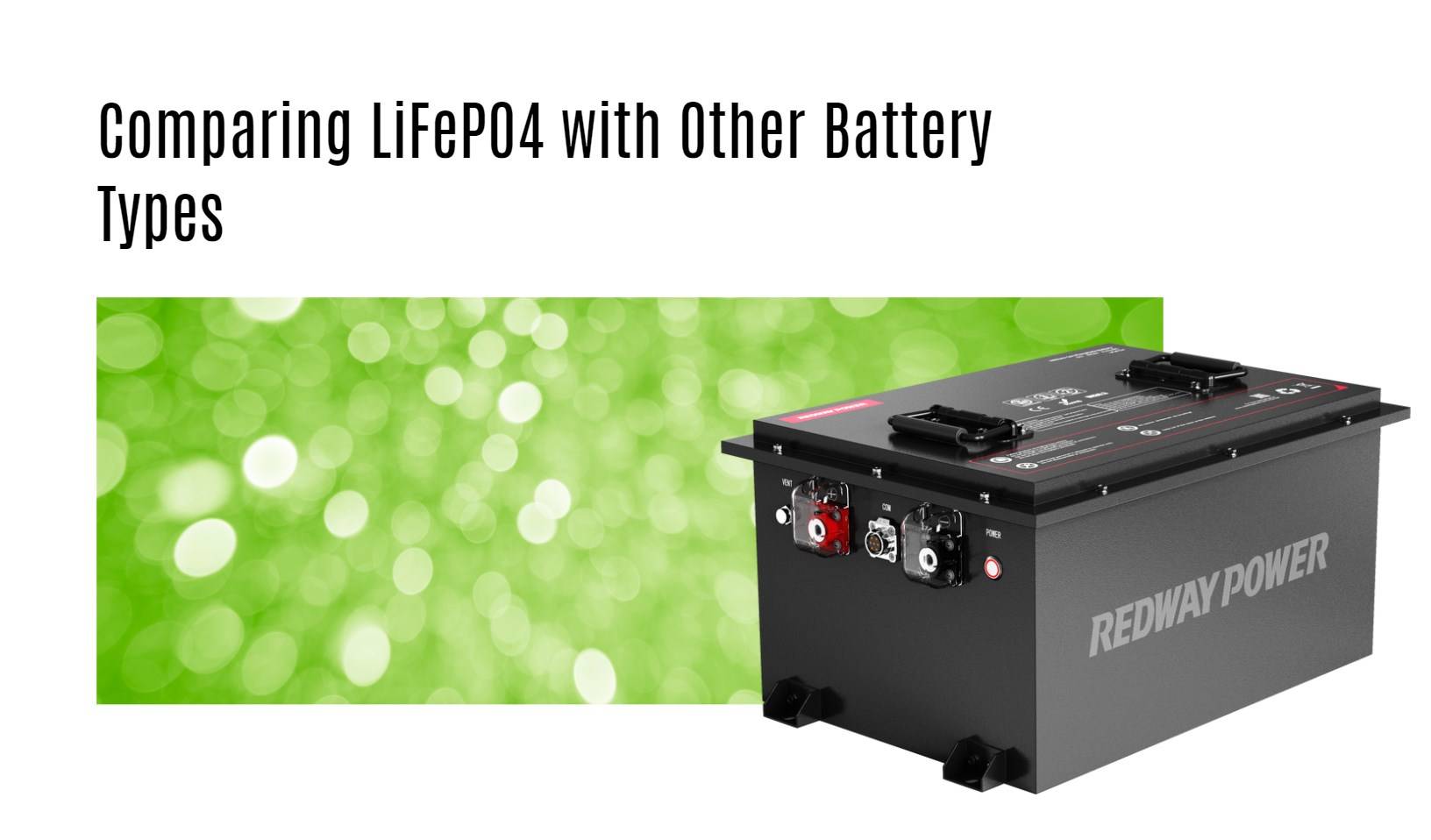LiFePO4 (Lithium Iron Phosphate) batteries are a specific type of lithium-ion battery known for their unique properties and advantages. Understanding the key differences between LiFePO4 and other lithium-ion batteries can help consumers make informed choices regarding their energy storage needs.
What is the chemical composition of LiFePO4 compared to lithium-ion batteries?
LiFePO4 batteries utilize lithium iron phosphate as their cathode material, while conventional lithium-ion batteries typically use materials such as cobalt oxide, nickel manganese cobalt (NMC), or nickel-cobalt-aluminum (NCA). This difference in composition affects various performance characteristics, including safety, stability, and environmental impact.
| Battery Type | Cathode Material |
|---|---|
| Lithium Iron Phosphate | Lithium Iron Phosphate (LiFePO4) |
| Lithium Cobalt Oxide | Lithium Cobalt Oxide (LiCoO2) |
| Nickel Manganese Cobalt | Nickel Manganese Cobalt (NMC) |
How do energy densities differ between LiFePO4 and other lithium-ion batteries?
Energy density refers to the amount of energy stored per unit volume or weight. Lithium-ion batteries generally have higher energy densities than LiFePO4 batteries, making them more suitable for applications where space and weight are critical factors, such as in smartphones and electric vehicles. Specifically, typical energy densities for these battery types are:
| Battery Type | Energy Density (Wh/kg) |
|---|---|
| Lithium Iron Phosphate | 90 – 160 |
| Lithium Cobalt Oxide | 150 – 200 |
| Nickel Manganese Cobalt | 150 – 250 |
What safety features make LiFePO4 batteries preferable?
LiFePO4 batteries are renowned for their safety features. They have a stable chemical structure that significantly reduces the risk of thermal runaway—a condition where a battery overheats and potentially catches fire or explodes. Additionally, they can withstand higher temperatures without degrading, making them ideal for applications requiring robust safety measures.
How do costs compare between LiFePO4 and traditional lithium-ion batteries?
While initial costs for LiFePO4 batteries tend to be higher than those for conventional lithium-ion options, their long lifespan often makes them more cost-effective over time. The extended cycle life of up to 5,000 cycles for LiFePO4 compared to 300–500 cycles for standard lithium-ion can lead to lower total ownership costs.
| Battery Type | Average Cost per kWh | Cycle Life |
|---|---|---|
| Lithium Iron Phosphate | $400 – $700 | Up to 5,000 cycles |
| Lithium Cobalt Oxide | $300 – $500 | 300 – 500 cycles |
| Nickel Manganese Cobalt | $400 – $600 | 500 – 1,500 cycles |
In which applications are LiFePO4 batteries most beneficial?
LiFePO4 batteries excel in applications that prioritize safety, longevity, and stability. Common uses include:
- Electric Vehicles: Their safety features make them suitable for automotive applications.
- Renewable Energy Storage: Ideal for solar power systems due to their long cycle life.
- Backup Power Systems: Used in uninterruptible power supplies (UPS) because of their reliability.
What are the disadvantages of using LiFePO4 batteries?
Despite their advantages, there are some drawbacks to consider:
- Lower Energy Density: They require more space for the same amount of stored energy compared to other lithium technologies.
- Higher Initial Costs: The upfront investment can be a barrier despite lower long-term costs.
- Limited Availability: While gaining popularity, they may still be less accessible than other battery types.
What should battery wholesale buyers know about OEM orders?
Tips for Battery Wholesale Buyers
When considering OEM orders for battery solutions, partnering with a reputable manufacturer is crucial. Redway Battery, with over 13 years of experience in producing high-quality lithium batteries, is an excellent choice for wholesale buyers. To make OEM orders:
- Research Manufacturers: Identify companies with strong reputations in quality and service.
- Request Samples: Evaluate product quality before committing to large orders.
- Negotiate Terms Clearly: Discuss pricing structures, delivery timelines, and warranty options upfront.
Redway Battery Expert Insight
“Understanding the differences between battery technologies is essential for making informed decisions,” states an expert from Redway Battery. “LiFePO4 technology offers unique benefits that can enhance safety and longevity in various applications.”
FAQ Section
- What is the main advantage of using LiFePO4 over other lithium-ion types?
LiFePO4 offers superior safety features and a longer cycle life compared to many other lithium-ion chemistries. - Why might someone choose a traditional lithium-ion battery over a LiFePO4?
Traditional lithium-ion batteries typically have higher energy densities, making them suitable for applications where weight and space are critical. - Are there any environmental benefits to using LiFePO4?
Yes, they do not contain toxic heavy metals like cobalt, making them more environmentally friendly during production and disposal.




